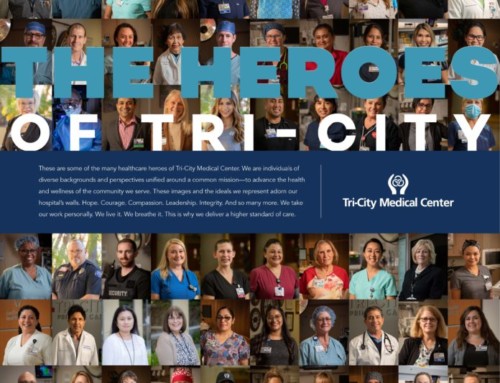 In times of transition, we often like to reflect on what has been and consider what might be to come, and the new year is no exception. Yet too often we focus on external goals and measures of success, such as a slimmer frame or bigger bank account, and neglect the internal state necessary to get us there. As the saying goes, we cannot pour from an empty cup; similarly, we can’t accomplish much if we’re stressed, unhappy, and exhausted. This new year, rather than wishing for that bikini bod, it may be more helpful if you wish for a more peaceful mind.
In times of transition, we often like to reflect on what has been and consider what might be to come, and the new year is no exception. Yet too often we focus on external goals and measures of success, such as a slimmer frame or bigger bank account, and neglect the internal state necessary to get us there. As the saying goes, we cannot pour from an empty cup; similarly, we can’t accomplish much if we’re stressed, unhappy, and exhausted. This new year, rather than wishing for that bikini bod, it may be more helpful if you wish for a more peaceful mind.
1. Set Goals for the New Year, Not Ideals
We all have an innate urge for progress. Seeing ourselves improve our skills, advance our careers, or enhance our wealth — just some examples of ways we might define progress — brings a sense of accomplishment, which in turn makes us happy. And the new year in particular brings a sense of urgency to this natural drive. But many of us are never happy with our achievements, no matter how frequent or grand they might be, and that’s because we keep setting unattainable goals for ourselves. In fact, we are striving for ideals rather than goals.
What does this look like?
Ideals are vague and immeasurable. These include values such as “success” or “wealth.” We could make vast sums of money or great strides in our career, but if we haven’t determined a quantifiable measure of wealth or success, we’ll never know we’ve achieved them, and thus we’ll never be satisfied.
Instead, what we need to do is set measurable goals, and judge our progress by how far we’ve come rather than how much further we’d like to go. If, for example, we wish to begin an exercise program in the new year, rather than striving to “be fitter,” which could mean anything, we should task ourselves with specific, actionable goals, like doing 30 minutes of activity every day, or being able to do 10 pull-ups. Once we reach these goals, we should allow ourselves the pleasure of accomplishment before setting new, equally specific goals.
2. Practice Gratitude
In our material and social media-driven culture, it’s easy to feel like we don’t have enough — enough money, enough friends, enough excitement — compared to those around us. But everything we have now, we once wished for. If we don’t take the time to appreciate what we do have in this moment, even in times of grief or loss, we’ll be stuck in a lack mindset, in which happiness and contentment can never reside.
Countless studies have demonstrated that gratitude leads to greater happiness. It “helps people feel more positive emotions, relish good experiences, improve their health, deal with adversity, and build strong relationships.”
There are many ways to build a gratitude habit into your life, and an easy one is to list 10 things for which you are grateful every morning when you wake up. It can be as simple as the smell of your morning coffee, the warmth of your partner beside you, or the bus arriving on time on your way to work. Even when it seems life has dealt you a terrible hand, there are things to be grateful for, like the fact you are still alive, have food in the fridge, and a roof over your head. When we train ourselves to seek out the good in our lives, we simultaneously teach our brains to focus less on the bad, and eventually, this conscious practice becomes an ingrained habit.
3. Journal
Journaling has demonstrable benefits on our well-being, easing anxiety and depression, improving memory, and even enhancing immune function. It can also be used as a tool to aid specific areas of our lives. When we’re struggling with poor self-esteem, for instance, it can be surprisingly therapeutic to spend some time reflecting on our good qualities — qualities we often overlook thanks to what is, for many people, a lifelong habit of negative thinking and self-deprecation.
The next time you’re feeling down on yourself, give the following journaling prompts a try:
– What are your best character traits?
– How would your best friends describe you?
– What are you really good at?
– Make a list of everything you’ve accomplished in the last year
– Who are your role models and why? How do you yourself currently embody these traits, or how are you on your way to doing so?
You’ll be amazed by how much a shift in focus creates a shift in mindset.
This new year, take time to nurture your inner world and watch as your external world flourishes.
If you’re looking to improve your wellness in 2018, visit the Tri-City Medical Center Wellness Center — a fitness center focused on providing overall health and wellness services.





